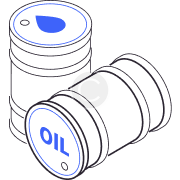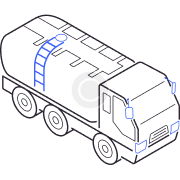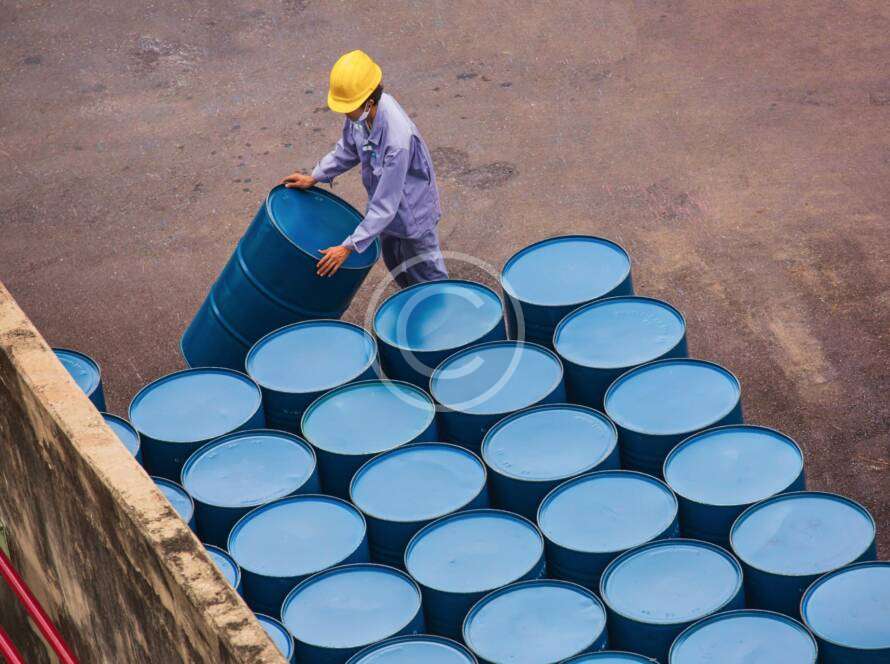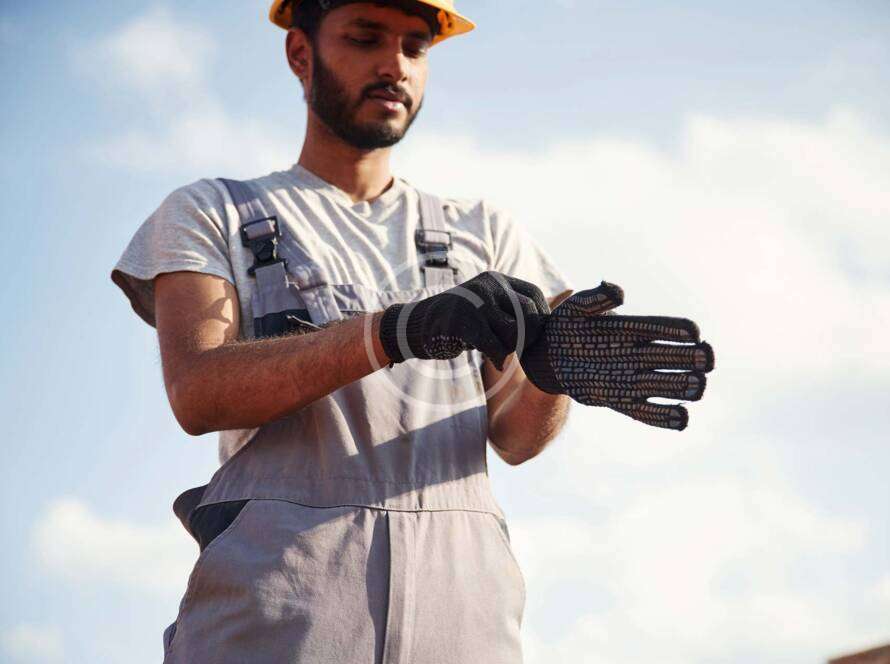
Anytime,
Anywhere
technology
practices
expertise

Effective strategies for fuel extraction

Extraction Infrastructure
Strong infrastructure supports safe and efficient fuel extraction at the source.
- Handles high-pressure extraction
- Prevents fuel leakage
- Meets safety standards

Extracted Fuel Management
Proper management ensures quality and safety of fuel after extraction.
- Secure fuel handling
- Maintains fuel stability
- Reduces operational risks

Post Extraction Fuel Transfer
Safe transfer systems move extracted fuel efficiently for further processing.
- Minimizes spills
- Protects fuel quality
- Ensures smooth operations
Fuel solutions, transportation & storage, provided with expertise, innovation, precision, and skill.
Baqir Lucky
Manager
Open Hours
At our fuel station, we’re committed to serving you with fast, reliable, and safe fueling services every day.
- Monday – Saturday: 8:00AM – 9:00PM
- Sunday: Closed

Contact us
We’re here to assist you with all your fuel supply, transport, and wholesale inquiries.

Storage
Dock
Transport

Fueling the future: reliable and clean oil from Fuse
Sed ut perspiciatis unde omnis iste natus error sit voluptatem accusantium doloremque laudantium, totam rem aperiam.
Delivering excellence in fuel services
How can buying fuel in bulk save my business money?
Bulk purchases come with lower per-litre prices, reduced transport costs, and guaranteed stock availability. This helps your business avoid sudden price increases and maintain steady operating costs.
How do timely fuel deliveries benefit my operations?
On-time deliveries prevent downtime, keep generators running, and ensure your vehicles or machinery never stop. This boosts productivity and prevents losses caused by fuel shortages.
How can I verify the accuracy of the fuel delivered to me?
You can confirm quantities by checking the dip levels before and after offloading, comparing with the delivery note, and ensuring the tanker compartments are sealed before opening. This guarantees you receive every litre you paid fo
What payment or credit options are available for regular customers?
Regular buyers may receive flexible payment terms, such as weekly or bi-weekly settlement, advance booking, or loyalty discounts, depending on order size and consistency.
How does good-quality fuel improve my business performance?
High-quality petrol and diesel help engines run cleaner, reduce maintenance costs, improve fuel efficiency, and extend the life of your vehicles, generators, or machinery. This directly lowers your long-term operating expenses.








